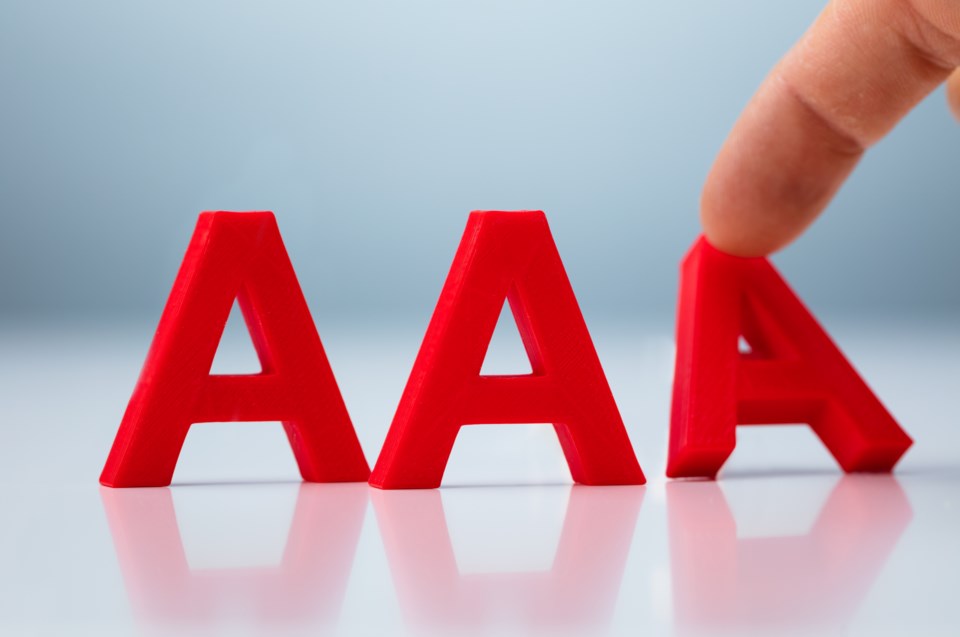Premier David Eby is learning the hard way that mismanaging money has consequences.
The credit rating agency has dropped B.C.’s credit rating from AA+ to AA. A drop in our credit rating means that taxpayers will be on the hook for more money every time the government wants to borrow it.
This is the second big round of downgrades we’ve seen in the past few years. In 2021, l and both knocked B.C. down from AAA to AA+.
S&P Global the drop in interest rates to “record levels” of spending and a “steep increase in debt.” Creditors are worried that big spending, big debt, and big deficits are going to damage the province’s cash flow moving forward.
The updated credit rating gives a “negative outlook.” Those are strong words from a credit rating agency. They warn us that as the government borrows more money today, we lose financial flexibility in the future.
And S&P is right. Eby’s budget was a disaster. When you’re mismanaging taxpayer money like Eby is, there are consequences with our creditors. The drop in our credit rating should be a clear warning to the premier.
David Eby took a and turned it into a $4.2 billion deficit. Eby presented a credit-card budget – take out big debts and worry about the consequences later.
That’s like winning the jackpot in the lottery and still finishing the year without being able to pay your bills.
At the end of 2022, the provincial debt was hovering at around $94 billion. By 2026, that’s going up to around $133 billion. That 42 per cent increase means that every British Columbian's average share of the debt will be $26,600.
Interest on the debt will cost taxpayers more than this year. That’s $600 in taxes from every person living in B.C. That $600 per person is going right out the door to bankers’ bonuses instead of staying in taxpayers’ pockets.
While Eby is racking up big debt on the taxpayer credit card, he’s also massively increasing government spending.
laid out plans to spend a total of $71 billion. showed that the politicians in Victoria actually spent upwards of $74.4 billion that year. That means Eby overspent on his own government’s budget by more than $3 billion. And that big spending is only set to keep creeping up. This year, spending is expected to be higher than $80 billion.
Eby’s solution to every problem seems to be throwing money at it.
BC Ferries are running late? Give them dollars. TransLink is chronically asking for money? Instead of making them look for savings, the government’s solution has been to give them a sweet since the start of the pandemic.
Taxpayers need to see some restraint from our elected officials.
Eby’s government needs to recognize the credit downgrade as the wake-up call that it is. He needs to put down the taxpayer credit card, pick up a pair of scissors and start showing some actual leadership.
Carson Binda is the B.C. Director of the Canadian Taxpayers Federation.



